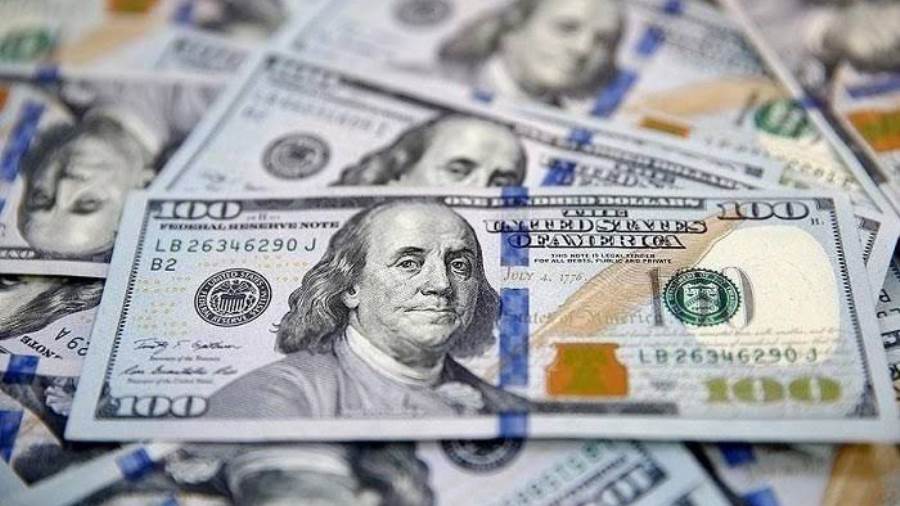Escalating Tariff War Weakens Dollar Against Safe-Haven Assets

The U.S. dollar lost ground against traditional safe-haven currencies like the Japanese yen and Swiss franc in early Wednesday trading, as global equity markets were rattled by looming U.S. tariff hikes on China—set to reach 104%. These concerns pushed the Chinese yuan to record lows.
U.S. President Donald Trump showed no signs of backing down from the 50% tariff increase on Chinese imports, which is set to take effect within hours. He also accused Beijing of manipulating the yuan to offset the impact of the tariffs.
Chris Weston, Head of Research at brokerage firm Pepperstone, warned: “If this goes through, we might have to say goodbye to any remaining hopes of avoiding a severe U.S. recession,” adding, “The message from the White House appears to be: the hits will keep coming until their demands are met.”
The dollar reached a new all-time high in offshore trading against the yuan at 7.4288, surpassing the previous record of 7.3765. Meanwhile, fears of a slowing U.S. economy have revived market speculation about further monetary easing by the Federal Reserve.
Fed funds futures surged in early Asian trading, now pricing in around 111 basis points of rate cuts this year—up from 92 basis points the day before.
Heavy losses in U.S. equity futures and aggressive selling of long-term Treasury bonds also boosted demand for safe-haven currencies, particularly the yen and the Swiss franc.
Analysts at Nomura noted in a briefing: “In addition to the yen’s relatively safe-haven status, Japan’s macroeconomic fundamentals remain relatively solid, and interest rate differentials are expected to continue favoring the yen.”
The dollar fell 0.7% to 145.23 yen, approaching a six-month low of 144.55. It also dropped to a six-month low against the Swiss franc at 0.8430, putting pressure on a key support level at 0.8374, according to Reuters.
The euro gained 0.4% to 1.0996, supported by reports that Germany’s conservative bloc had reached a coalition deal with the center-left Social Democrats, easing political uncertainty in Europe’s largest economy. The euro pulled back slightly from last week’s peak of 1.1147.
